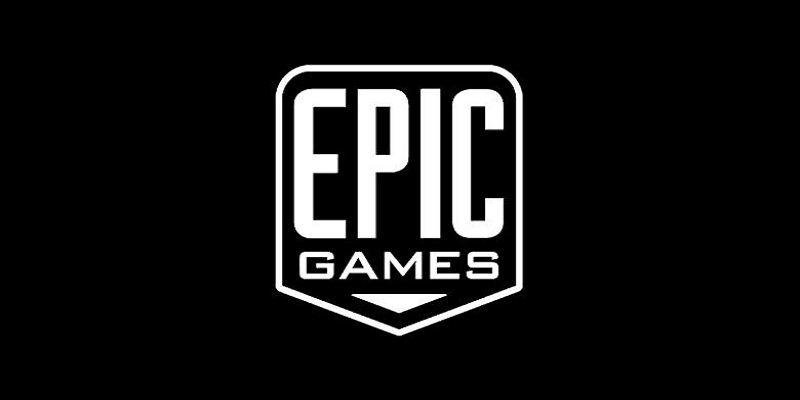
Epic Games, the company behind Fortnite, has reached a settlement with the Federal Trade Commission and will pay a total of $520 million in fines and reimbursements.
As part of the agreement, Epic will pay $275 million to the US government to resolve claims it violated the Children’s Online Privacy Protection Act (COPPA) by gathering the personal information of kids under the age of 13 without first receiving their parents’ verifiable consent. In a second and separate settlement, Epic will pay $245 million as refunds to consumers who were allegedly harmed by user-interface design choices the FTC claimed were deceptive.
FTC chairwoman Lina M. Khan stated in a statement issued on Monday: “Epic employed privacy-invasive default settings and deceptive interfaces that deceived Fortnite users, including teenagers and children.Protecting the public, and especially minors, from online privacy invasions and dark patterns is a key concern for the commission, and these enforcement actions make clear to businesses that the FTC is cracking down on these illegal practises.”
The $275 million Epic will pay to the FTC for breaking COPPA is the highest fine the agency has ever gotten. The FTC investigated Epic’s privacy policies and other business activities after learning about them during the trial of its lawsuit against Apple in 2021, leading to the settlement. On Monday, the Justice Department filed a lawsuit in federal court in North Carolina, along with the lawsuit’s settlement. The agreement was signed on 2 December by Epic Games founder and CEO Tim Sweeney.
The FTC claimed that Epic had engaged in a number of practises that violated COPPA, including collecting children’s personal information without parental permission and using default settings to pair kids and teenagers with strangers, which led to instances of harassment, bullying, and sexual coercion and so on. Additionally, the FTC said that parents who requested the deletion of their children’s personal information had to “jump through excessive hoops” and that “Epic failed to honour such requests” occasionally.
“No developer creates a game with the intention of ending up here. Statutes written decades ago don’t specify how gaming ecosystems should operate. The laws have not changed, but their application has evolved and long-standing industry practices are no longer enough. We accepted this agreement because we want Epic to be at the forefront of consumer protection and provide the best experience for our players,” the company said.
The FTC charged Epic with ignoring over a million customer complaints since 2017 and persistent employee worries that “huge” numbers of users were being unjustly charged. In a statement released on Monday, Epic claimed that the previous norms for in-game privacy and commerce had shifted and that many developer practises needed to be reevaluated. The actions mentioned in the FTC’s allegations do not apply to how Fortnite functions.
According to Epic, “We will continue to be transparent about what players may expect when making purchases, ensure that cancellations and refunds are easy, and implement measures that help make our ecosystem safe and enjoyable for audiences of all ages.”
